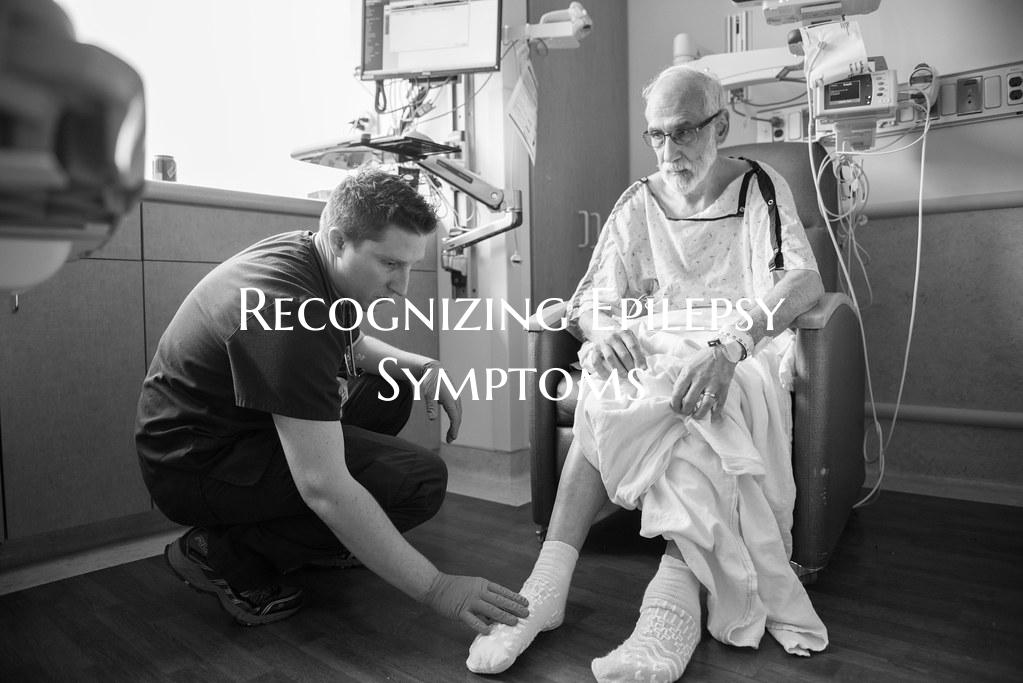
Recognizing Epilepsy Symptoms
Recognizing Epilepsy Symptoms
Epilepsy is a neurological disorder that affects the brain's electrical activity, leading to recurrent seizures. It is essential to be able to recognize the symptoms of epilepsy to seek appropriate medical attention and management. Here are some common signs and symptoms associated with epilepsy:
1. Seizures: Seizures are the hallmark symptom of epilepsy. They can manifest in different ways, such as convulsions, repetitive movements, staring spells, or loss of consciousness. Seizures can vary in severity and duration.
2. Unusual Sensations: Some individuals with epilepsy may experience unusual sensations before a seizure, known as auras. These may include strange smells, tastes, visual distortions, or odd feelings in the stomach.
3. Temporary Confusion: Following a seizure, a person with epilepsy may experience temporary confusion, memory loss, or disorientation. This postictal phase can last anywhere from a few minutes to several hours.
4. Changes in Behavior: Epilepsy can sometimes cause changes in behavior, mood swings, or unexplained aggression. These behavioral changes may occur around the time of a seizure or as part of the overall condition.
5. Loss of Awareness: Some seizures, such as absence seizures, can involve a brief loss of awareness or staring into space. This type of seizure may be mistaken for daydreaming or inattentiveness.
6. Physical Symptoms: Depending on the type of seizure, physical symptoms such as muscle stiffness, jerking movements, or falling to the ground may occur. It is essential to pay attention to these physical manifestations.
7. Coordination Difficulties: People with epilepsy may experience coordination difficulties or temporary paralysis during or after a seizure, affecting their ability to move or perform everyday tasks.
If you or someone you know is experiencing any of these symptoms, it is crucial to consult a healthcare provider for a proper diagnosis and treatment plan. Early recognition and management of epilepsy can significantly improve the quality of life for individuals living with this condition.